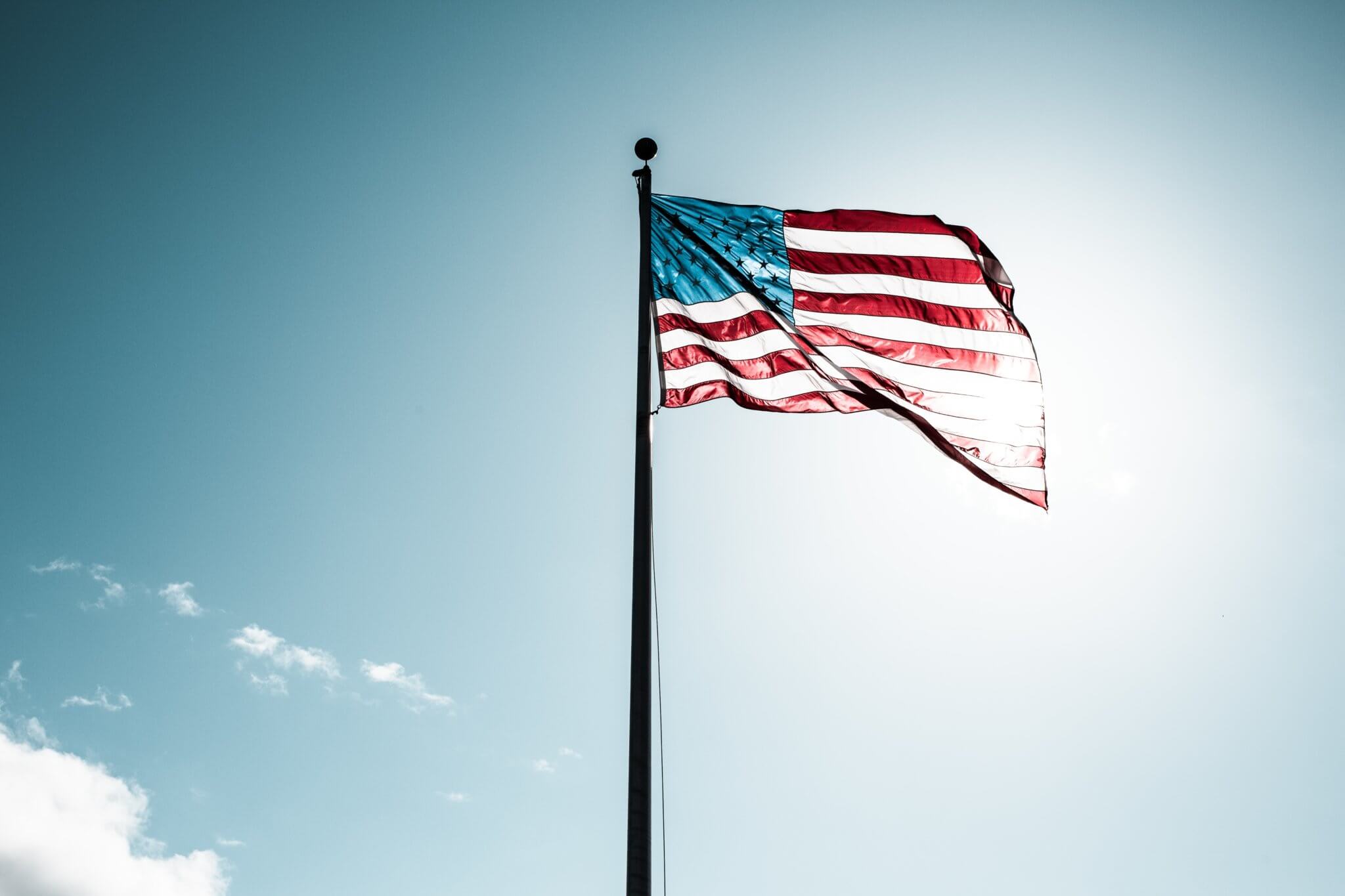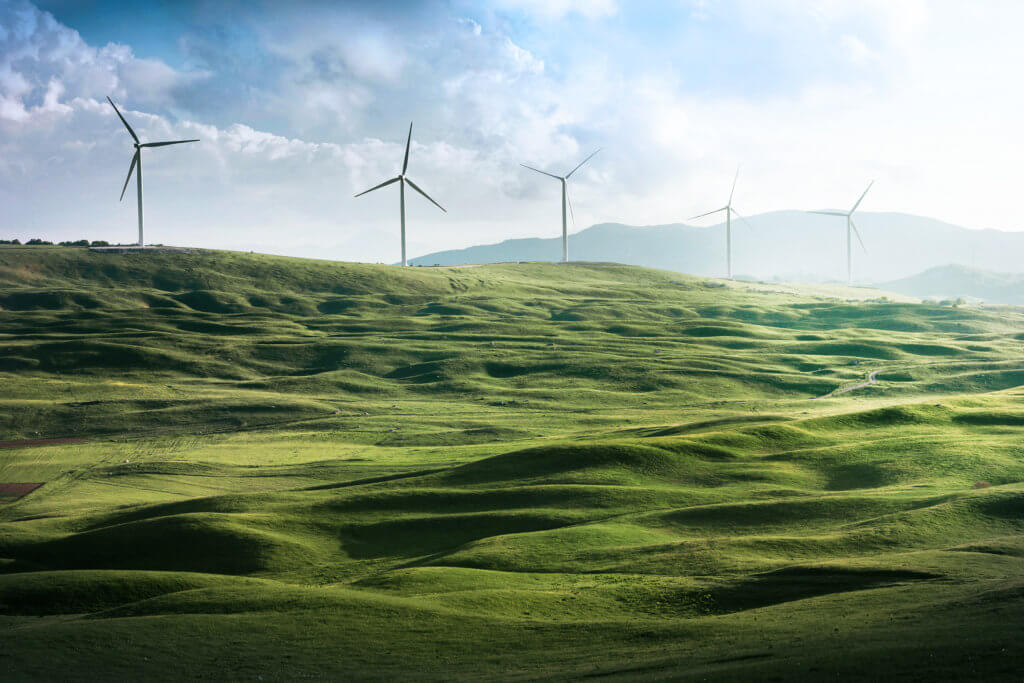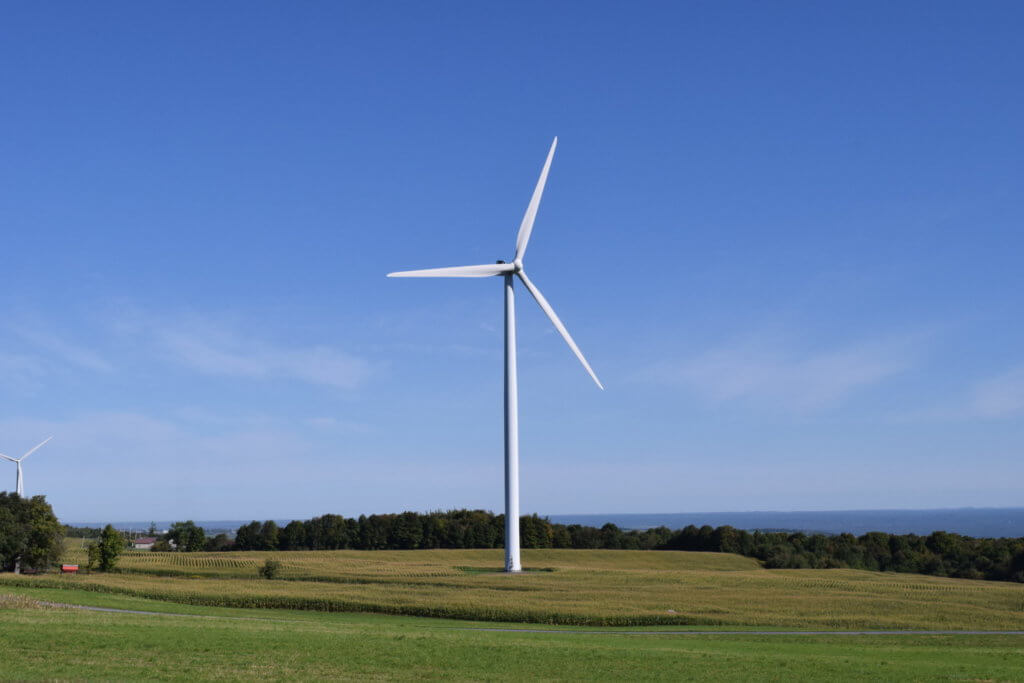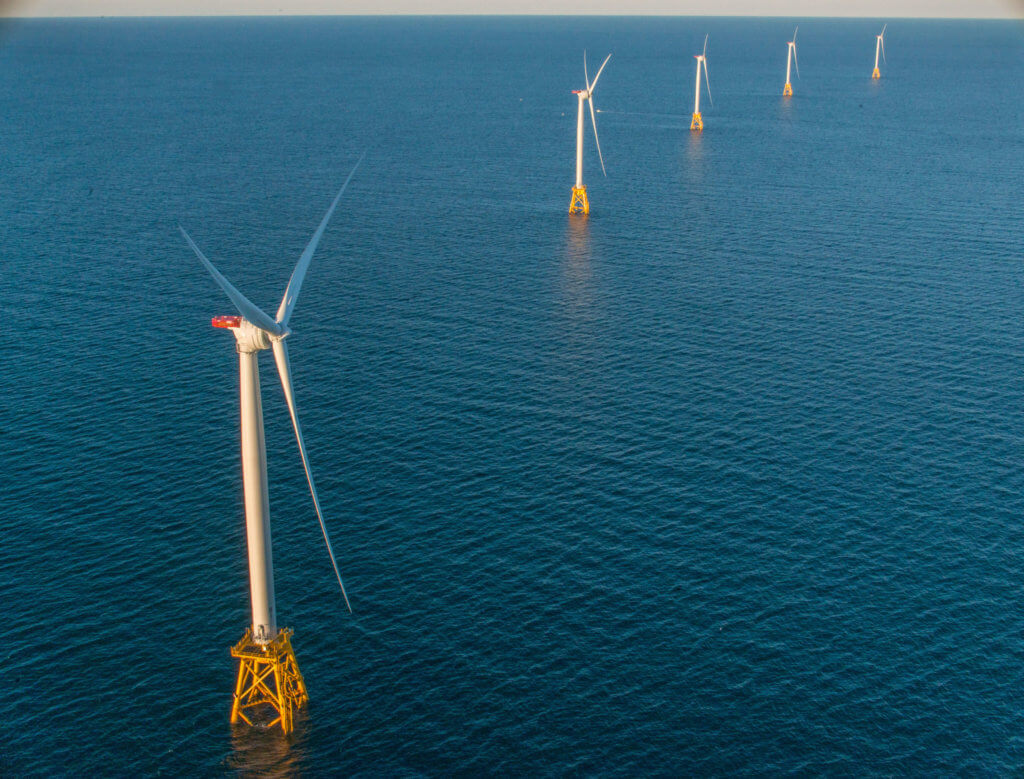Honoring America’s wind workforce veterans this Veterans Day
Dedication. Teamwork. Honor.
Commitment to Service. Discipline. Leadership.
These are all qualities and skills that are representative of the men and women serving the United States military. The unique skills that veterans bring to the table as they transition into civilian life are ideal for a career in wind. Developing, building, and operating land-based and offshore wind farms requires a technical knowledge base, teamwork, and discipline. Our veterans play an important role in creating the highly-skilled wind energy workforce.
Wind companies recognize the transferable skills our veterans bring to a career in renewables. In fact, the U.S. wind industry employs our nation’s veterans at a rate 61 percent above the national average. With wind turbine technician as the fastest growing job in the country according to the Bureau of Labor and Statistics, wind is creating the career opportunities of the future as our military members leave active duty.
To celebrate Veteran’s Day 2020, we honor the more than 11,000 U.S. veterans that work in wind energy. Here are some of their stories:
Jordan Shontz, U.S. Army Veteran, Orsted
When U.S. Army Veteran Jordan Shontz was looking to exit the military, he knew he wanted a position that would keep him excited about waking up and getting to work much like the military had. Having served active duty in the U.S. Army 10 years, Shontz said making the transition to a career in renewables was a good fit for his talents.
Now as a project development manager for Orsted in Texas, Shontz says the skills that he and other veterans learn in the military, such as managing and mitigating operational, accidental or tactical risk, translates very well into the development and commercial operation phases of building a wind farm.
“I think that there’s a lot of growth potential and a lot of things that veterans bring to the table,” Shontz says. “Some of them are technical-based skills but I think a lot of them are the intrinsic values that most veterans espouse. Good stewards of resources. Hardworking, diligent, very detailed-focused people because details matter in the military. And details matter when building a wind, solar or storage project. That focus and that attention leads to more sustainable and better projects.”
Hear more from Jordan in his own words:
Jamie Pierce, U.S. Navy Veteran, GE Renewables
For U.S. Navy Veteran Jamie Pierce, an effective leader is patient, decisive, and willing to admit when he or she has made a mistake and learned from that mistake. He says that one of the things the military does well is putting young men and women in leadership roles very quickly. Now, as an executive in project management at GE Renewable Energy, Pierce is glad that his experience in the Navy helped him develop the skills to lead. Pierce served as a helicopter pilot after graduating from the Naval Academy. After 13 years active duty, Pierce transitioned to work at GE while also serving in the Reserves.
Pierce says that the military certainly prepares veterans for the corporate world in that veterans come into a position with a very strong set of skills and values: accomplishing a mission, focusing on the mission, getting the job done, and taking care of people. Pierce says it best: “I can draw a very direct line between what I do in renewable energy, how I really feel like I’m part of something big that is really changing the world, to that sense of mission and accomplishment that I had in the military.”
Hear more from Pierce in his own words:
https://youtu.be/B5Tx9zqTyR8
William Meyer, U.S. Marine Corps, Orsted
William Meyer served as a tank crewman and engineer for the U.S. Marines from 2010 to 2014. Now as an asset manager for Orsted in Texas, Meyer says he sees similarities between his military experience and his day-to-day work in wind operations, as being part of a team is integral in both cases.
Although his present job does not entail climbing and performing maintenance on the wind sites, Meyer appreciates the technical engineering knowledge he acquired while in the Marines whenever his team members describe what is needed to ensure steady operations of wind turbine equipment.
Meyers says, “There’s a lot of good synergy between that role that you serve as a young military member and then what you would be exposed to later on in renewable energy, whether that be on the more commercial side of things and then obviously if you’re the guy in the turbine maintaining it, there’s some similarities there.”
This Veterans Day, AWEA thanks all our nation’s veterans, including our wind workforce veterans, and their families for their sacrifices to protect our country’s freedoms. To learn more information about making the transition to a career in wind energy, visit AWEA’s Veterans Workforce Development website.




